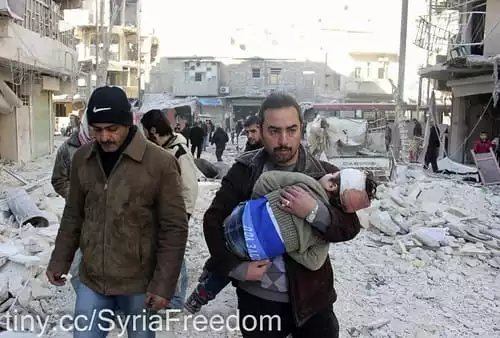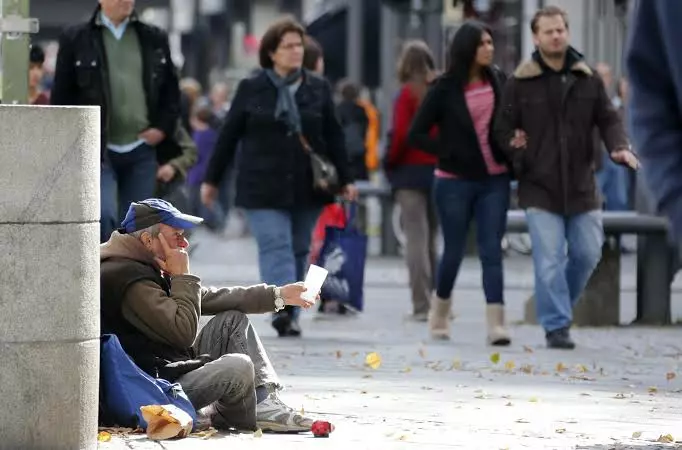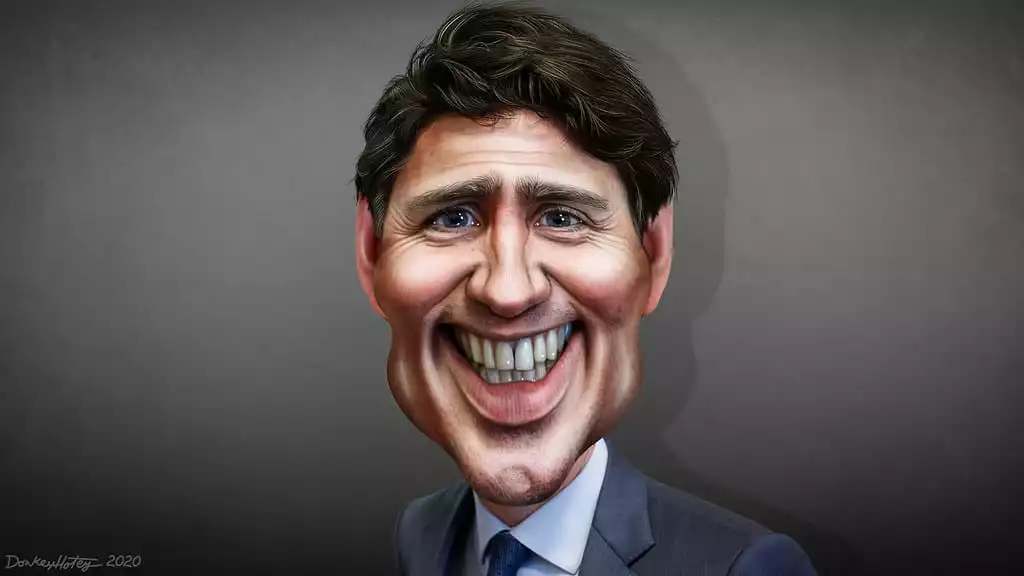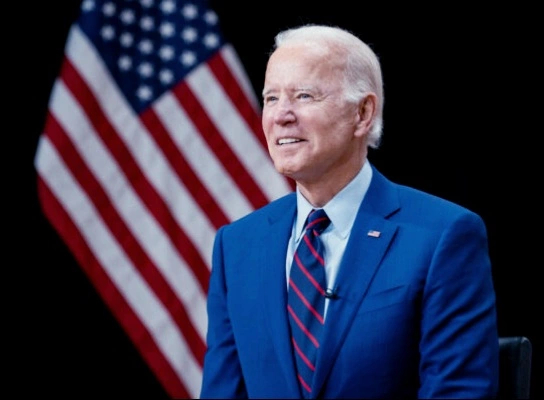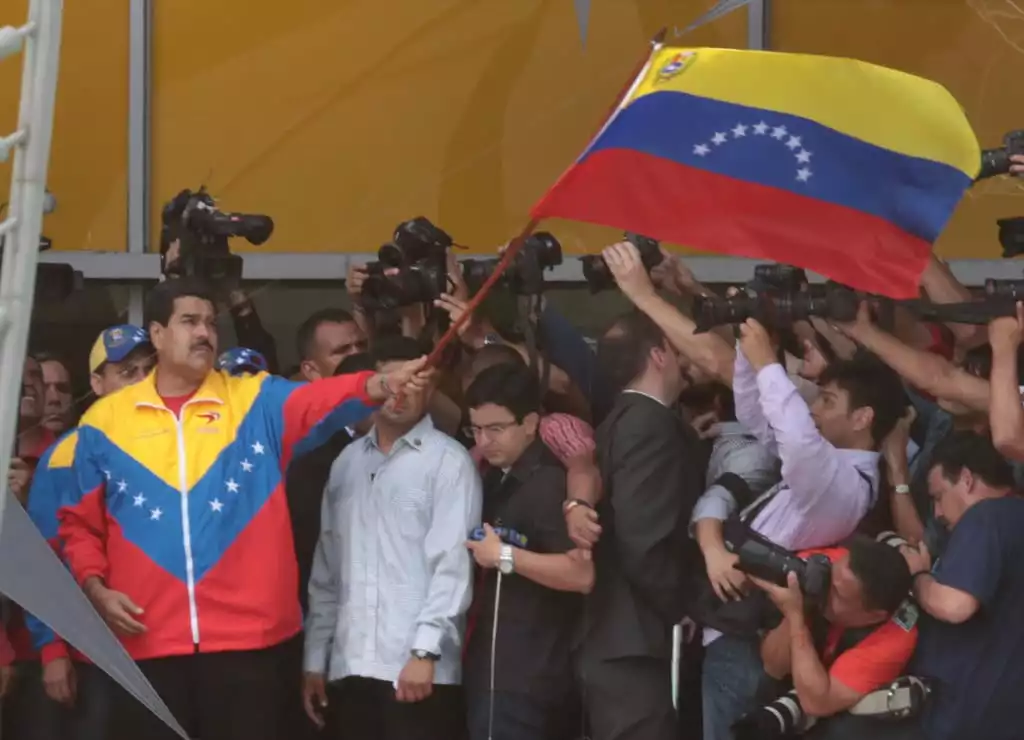For decades, the United States government has used economic sanctions as a supposedly non-violent way of forcing supposed enemy states to capitulate to the will of the U.S. We are told that as opposed to open conflict, sanctions are less violent. At first glance, this might seem true… a more humane form of warfare, if there was such a thing. After all, stopping the import or export of certain goods certainly seems less violent than dropping bombs.
However, the truth is that sanctions are among the deadliest and most cruel weapons in the United States’ arsenal.
Sanctions are a means of economic warfare that, in most cases, specifically target the civilian population of a country. The goal is to make the lives of the people so miserable that they will rise up against their own government, hopefully leading to it being replaced by a new regime that is more amenable to U.S. desires.
There is no room to mince words here: Sanctions are a crime against humanity and a violation of international law. The Geneva Convention, the Nuremberg Convention, the United Nations Charter, and the Universal Declaration of Human Rights all prohibit the targeting of civilians.
Not only do sanctions target civilians, but they are also almost exclusively aimed at those civilians in some of the poorest developing countries. In other words, sanctions are designed to hurt those who are most vulnerable; they’re a tool of abject cruelty.
In fact, according to a 1999 article in the journal Foreign Policy, “Sanctions of Mass Destruction,” it was concluded that “sanctions have contributed to more deaths than all WMD (weapons of mass destruction) throughout history.” The number of sanctions has only increased since 1999, meaning the number of victims has only grown.
According to the anti-sanctions advocacy organization Sanctions Kill, the United States currently imposes sanctions on over 40 countries, affecting a third of humanity. Many of these countries, such as the Democratic Republic of Congo, South Sudan, and Somalia, are among the poorest countries in the world. Others, such as Libya, Syria, and Yemen, have been devastated by long wars—wars the United States is directly involved in perpetuating.
Sanctions target some of the most basic logistical and medical supplies needed in any modern functioning society. Supplies needed for sewage lines, elevators, construction materials, and electrical generators are just a few examples of the types of supplies the U.S. tries to stop from reaching countries under economic sanctions.
Although the U.S. government often says its sanctions are targeting foreign officials, businesspeople, or elites, the truth is that sanctions can’t differentiate between different segments of the population. In fact, they are most likely to hit the sick, the young, the elderly, and the poor the hardest. Sanctioned items often become only available for high prices on the black market. The rich and the ruling class of the sanctioned country—the people often responsible for whatever policy the U.S. objects to—will be able to get whatever they want and need, while the working class, the young, and the most disenfranchised suffer.
The current situation in Syria highlights the fact that the very goal of economic sanctions is cruelty for cruelty’s sake. Two weeks ago, southern Turkey and northern Syria were hit by a devastating 7.8 magnitude earthquake causing the deaths of tens of thousands of people and untold suffering. The international community has been gathering resources to help the victims, however, at least partially due to the sanctions imposed on Syria by the United States, much of the aid is prevented from reaching the victims in that country. (The Syrian government, with its own restrictions on port access, is worsening the situation as well.)
Many other governments have proposed that the U.S. temporarily lift the sanctions to allow aid to reach the earthquake victims. The U.S. government has only responded with a 180-day exemption to its sanctions on Syria for “all transactions related to earthquake relief efforts.” So in six months, the full economic offensive will be back in force.
Another important point to keep in mind in this discussion is that sanctions have never caused a population to rise up and replace their government. Cuba has been under economic sanctions for over 60 years, and its government is as stable as ever.
The very premise of economic sanctions assumes that the people suffering because of the United States’ economic warfare will blame their own government for their hardships. The assumption is that they will conclude their leaders shouldn’t have provoked the U.S. For sanctions to work, the victims would have to be stupid and not know the real source of their suffering. This is not the case, and so sanctions have never led to regime change.
Despite their ineffectiveness and illegality, sanctions continue to be one of the U.S. government’s favorite tools to project its power. U.S. imperialism continues to toss out sanctions as if they were free t-shirts at a sporting event, and as a result, hundreds of millions of people around the world continue to suffer.
Originally published in Peoples World
